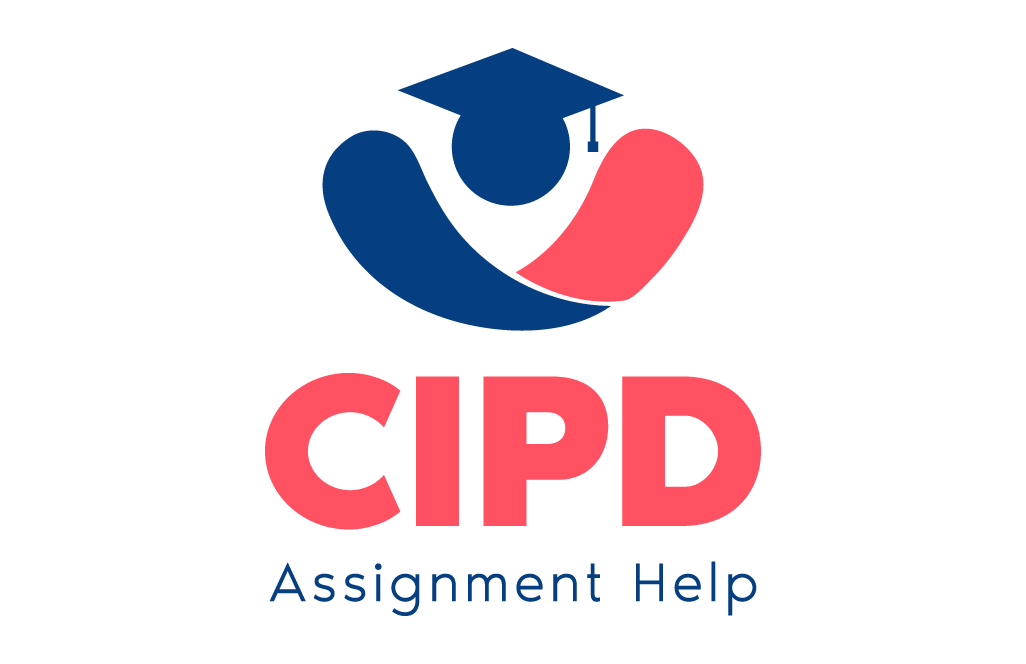7OS05 Managing people in an international context
- January 17, 2023
- Posted by: Fletcher Samuel
- Category: CIPD Level 7

Under the CIPD level 7, 7OS05 Managing people in an international context was found. Managing People in an International Context aims to arm students with the information they need to function more successfully in a multicultural setting. Companies encounter significant challenges and complexities when they expand their reach and activity across international borders. Because of the differences in their institutional structures and cultures, many nations have different approaches to people management. As a result, this unit’s objective is to evaluate the reasons for, and methods organisations use to conduct business internationally. Additionally, it looks at the various styles of international business operations and the moral and practical issues that arise in global corporations from the perspective of human resource management.
Struggling with Your CIPD?
Secure your future with our high-quality paper—order now!
You can talk to the writer using our messaging system and keep track of how your assignment is going.
Order Now WhatsAppWhat you will learn
This lesson aims to give the learner experience with internal organisational management of people. The student will consequently better understand how businesses trade, operate and grow globally. Additionally, the student will gain knowledge of the various ethical issues in global management and employment. The student will also comprehend why and how people management strategies differ from nation to nation and globally. The student will also learn about the typical staffing strategies employed by international organisations. With this knowledge, the learner will be better able to understand the employment strategies of multinational corporations and how to manage expatriate workers in multinational corporations. After finishing this course, the learner will also learn how to manage people in a global environment.
Learning outcomes
Learners will be able to meet the following primary learning outcomes, which are further broken down into sub-categories after completing this module. The student will also be able to comprehend the following learning objectives:
- Recognise the primary strategic and contextual forces influencing human resources management in international corporations.
- Recognise how and why people management strategies vary across nations and regions of the world.
- Possess the capacity to oversee the employment and staffing practices of international organisations.
- Learn practical and long-term methods for managing people in global environments.
What are the entry requirements?
The unit contains formal requirements for an expert-level qualification, some of which are institution-specific, while others are general to all students enrolled in the unit. Most universities have created diagnostic tools to ensure applicants have what they need to pursue a degree in Managing People in an International Context (7OS05). For instance, some colleges mandate that applicants be at least 18 years old on July 1 of the academic year they wish to enrol in or earlier. Additionally, most colleges interview students before enrolling them in a course.
Universities typically require applicants to have a basic command of the English language to enrol in a course. Some, for instance, require applicants to have an English GCSE score of C/4 or higher. On the other hand, if English is not a student’s first language, the institution will follow the CIPD recommendation to seek counselling before enrolling in the program. Some colleges require IELTS 6.5/ESOL Level 2 or an equivalent for students who speak English as a second language. Other institutions, on the other hand, favour a case-by-case analysis of the circumstances.
Most, if not all, organisations require applicants to have a bachelor’s degree, CIPD level 5 certifications, and to be currently or previously employed in a human resource capacity. Others demand that applicants hold a Level 6 Bachelor’s degree (Hons) in a subject area related to human resources. However, as a minimum requirement, applicants must have extensive experience in human resources-related tasks. In exceptional cases, significant strategic human resource expertise may be accepted instead of a degree, but this is subject to review. These exams verify that students have completed and understood the units and literacy requirements.
What are the entry requirements?
The unit contains formal requirements for an expert-level qualification, some of which are institution-specific, while others are general to all department enrollment. Most universities have created diagnostic tools to ensure applicants have what they need to pursue a degree in Managing People in an International Context (7OS05). For instance, some colleges mandate that applicants be at least 18 years old on July 1 of the academic year they wish to enrol in or earlier. Additionally, most colleges interview students before enrolling them in a course.
Universities typically require applicants to have a basic command of the English language to enrol in a course. Some, for instance, require applicants to have an English GCSE score of C/4 or higher. On the other hand, institutions adhere to the CIPD recommendation to seek counselling if English is not the student’s first language before enrollment in the program. Some colleges require IELTS 6.5/ESOL Level 2 or an equivalent for students who speak English as a second language. Other institutions, on the other hand, favour a case-by-case analysis of the circumstances.
Most, if not all, organisations require applicants to have a bachelor’s degree, CIPD level 5 certifications, and to be currently or previously employed in a human resource capacity. Others demand that applicants hold a Level 6 Bachelor’s degree (Hons) in a subject area related to human resources. However, as a minimum requirement, applicants must have extensive experience in human resources-related tasks. In exceptional cases, significant strategic human resource expertise may be accepted instead of a degree, but this is subject to review. These exams verify that students have completed and understood the units and literacy requirements.
How can we help
Writing assignments are notorious for taking a long time to complete. We are responsible for relieving you of your academic obligations. In addition, we offer writing assistance to students who require help with assignments on managing people in an international setting (7OS05). With you in mind, we created a writing platform based on intellectual capacity—a collaborative workstation with excellent reasons to help you avoid study headaches, stress, and all-nighters. We are a group of highly skilled writers, editors, and proofreaders whose primary goal is to make great work more accessible by relieving you of the burden of doing the tedious work yourself.
Our highly qualified team ensures that our clients receive the highest possible grade for their research and projects. We always accept a customer’s request, no matter how urgent or complex. We have a strict anti-plagiarism policy, and each assignment is completely written. We use licensed software to scan each paper for originality before sending it to you to ensure it is unique. Our highly qualified writers can handle any paper, and you can be confident that it will be thoroughly researched.
We pay close attention to how much time and effort was put into the research to ensure that it was thorough and based on credible sources. Furthermore, the work must be thoroughly checked to ensure that all marking rubrics and reference styles are followed. Many students are concerned about the security of their personal information; however, there is no need to be concerned; our Privacy Policy ensures that our writing service is safe, secure, and private. Our primary goal is to ensure that every customer we work with achieves academic success.
Reference
There are various publications available for students interested in pursuing this course. Here are a few examples that institutions across the globe extensively utilise.
- Amis, J. M., Munir, K. A., Lawrence, T. B., Hirsch, P., & McGahan, A. (2018). Inequality, institutions and organisations. Organisation Studies, 39(9), 1131-1152.
- James, P. (2019). Major figures in the field of global studies. In The Oxford Handbook of Global Studies (pp. 50-70). New York, NY: Oxford University Press.
- Lavelle, J. (2018). 13: International Human Resource Management. Human Resource Management, 252.
- Lizier, A. L., & Reich, A. (2021). Learning through work and structured learning and development systems in complex adaptive organisations: ongoing disconnections. Studies in Continuing Education, 43(2), 261-276.
- Mishra, P., Shukla, B., & Sujatha, R. (2021). Human Resource Management for Organisational Change: Theoretical Formulations. Routledge.
- Mulvie, A. (2021). Learning and Development for a Multigenerational Workforce: Growing Talent Amongst Age Diverse Employees. Routledge.
- Rees, G., & Smith, P. (Eds.). (2021). Strategic human resource management: An international perspective. Sage.
- Reiche, B.S., Harzing, A.W. and Tenzer, H. (eds) (2019) International human resource management. 5th ed. London: Sage.
